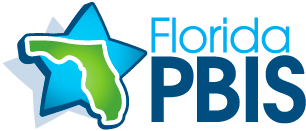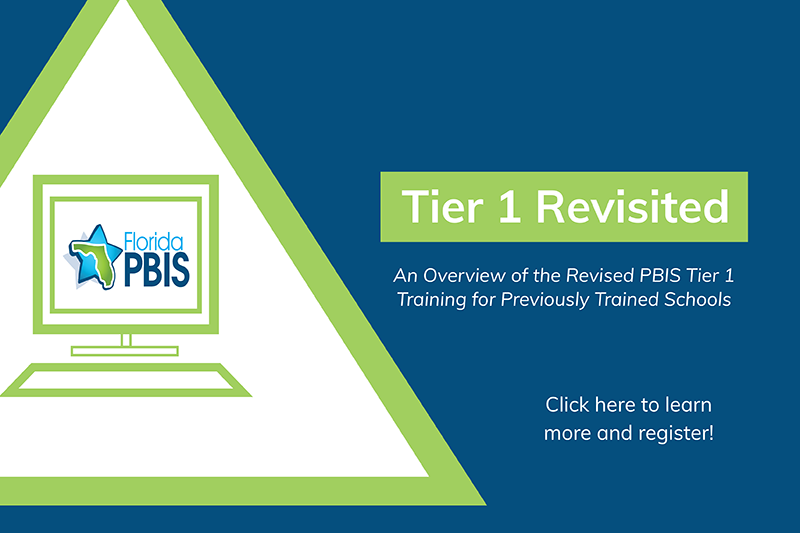Tiers
Tier 1
Tier 1 is the foundation for all activities in the school that involve student and adult behavior.The school-wide expectations are the core curriculum for the behavioral, social, and life skill supports used in all settings and for all tiers of instruction. They provide the common language and consistency that lead to:
- Positive school climate,
- Improved attendance,
- Increases in student achievement,
- A reduced need for more intensive supports.
Tier 1 supports the practices you'd like to see
Tier 1 PBIS encompasses strategies that support student and staff behavior. This includes:
For Students |
For Faculty & Staff
|
|---|---|
Teaching behaviors in the setting they will be used |
Providing time, materials, guidelines and accountability for delivering lesson plans and student recognition |
Providing praise and other forms of recognition when students demonstrate school-wide expectations |
Providing praise and other forms of recognition when faculty amp; staff implement Tier 1 with fidelity |
Being consistent when addressing challenging behavior, while taking developmental norms and behavioral function into account |
Involving faculty, staff, families and students in the development of behavior definitions and possible consequences |
Providing refresher lessons and strategic recognition throughout the school year so skills are ready and likely to be used when students need them |
Using data and stakeholder perspectives to prepare relevant lesson plans and recognition strategies; Providing regular professional learning on the school's Tier 1 system so that staff are aware of school-wide patterns and preferred responses |
Asking students and their families for their perspectives on school climate, instruction, rewards, and discipline so improvements in Tier 1 may be made |
Asking staff for their perspectives on school climate, instruction, rewards and discipline so improvements in Tier 1 may be made |
Tier 1 is tailored to fit each schoolrsquo;s unique characteristics
The Tier 1 PBIS team holds the responsibility for maintaining a responsive Tier 1 system. This representative group gathers ideas from other stakeholders to ensure that Tier 1 strategies will be relevant and practical, and reviews disaggregated data to identify priorities for implementation. Existing programs and curricula are adapted to include the school-wide expectations, and to ensure the content resonates with students from different backgrounds.
Tier 1 may be expanded in schools with higher-risk populations
When schools are challenged by intensive student needs, Tier 1 provides a way to get more support to more students. This may include spending more time on Tier 1 behavioral instruction, planning more frequent reward/recognition initiatives, integrating academic instruction, relationship-based practices, trauma-informed practices, or mental health supports into the curriculum, or changing how Tier 1 is delivered to ensure students benefit from implementation.
Click on the binder to access our 2-part webinar that addresses foundational strategies to reduce the use of restraint.Tier 1 Resources
The resources below provide tools for building and enhancing a school's Tier 1 system, additional information about special issues related to Tier 1 implementation, and examples of strategies and resources used by other schools.
Resources for the Tier 1 PBIS team are located on our school-level coaching page, and readiness packets for the FLPBIS Tier 1 training may be found here.

